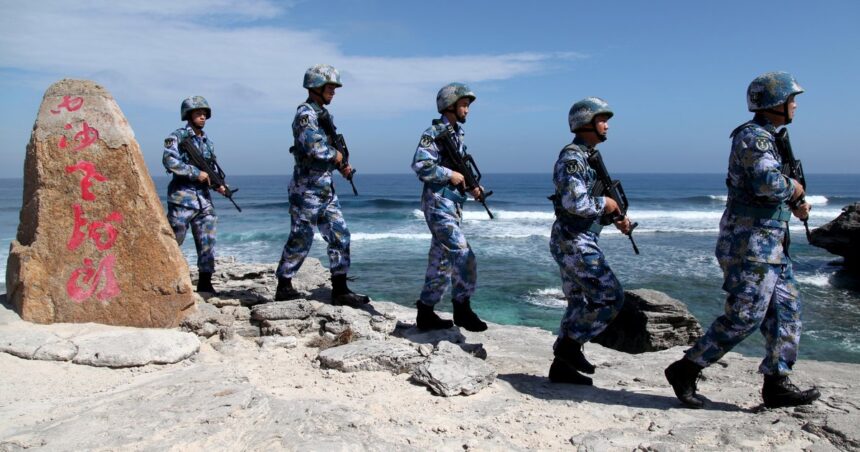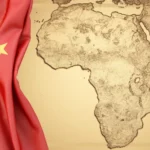Summary and Additional Remarks by Geopolist | Istanbul Center for Geopolitics:
The article investigates the escalating tensions between the Philippines and China regarding the South China Sea, emphasizing the broader geopolitical implications for Southeast Asia. In the past few months, there have been numerous confrontations, including six instances of collisions between Philippine and Chinese coastguard vessels in the vicinity of disputed shoals in the disputed waters. Both parties have levelled accusations against one another, attributing provocative actions to each other. This has sparked concerns that these incidents may escalate into armed conflict.
The potential for a more extensive conflict that could involve external powers, particularly the United States, is a cause for concern because of the escalation of hostilities. The United States has increased its support for the Philippines as part of its strategy to counter China’s growing influence in the Indo-Pacific. Beijing has responded strongly to the Philippines’ increasing alignment with Washington.
China has responded in a dual manner: it has intensified its assertiveness in the South China Sea, particularly in relation to the Philippines, while concurrently pursuing a comprehensive diplomatic initiative to improve its relations with other Southeast Asian countries. Beijing’s charm offensive involves enhanced diplomatic interactions, collaborative military exercises, and a variety of defence cooperation in order to prevent the ASEAN (Association of Southeast Asian Nations) nations from forming a unified opposition to China’s extensive maritime assertions.
The article underscores China’s objective to isolate the Philippines in order to persuade it to reverse its disobedience, while simultaneously pursuing other Southeast Asian governments. Beijing endeavours to maintain its influence in the region and alleviate the consequences of Washington’s growing presence by employing its political, economic, and military capabilities.
Southeast Asia is confronted with this dilemma. China, a substantial investor and trade partner, necessitates that the countries in the region manage their economic relationships. In contrast, there are apprehensions about China’s increasingly assertive strategies in territorial conflicts, particularly in the South China Sea. The region is torn between maintaining stable relations with Beijing for economic benefits and aligning itself with Washington for security.
The precarious position of Southeast Asia has been exacerbated by the increasing competition between China and the United States, necessitating that regional nations navigate these conflicting pressures with skill. The potential for regional instability to be exacerbated by China’s endeavours to fragment Southeast Asian nations and establish supremacy over disputed waters is particularly high if tensions with the Philippines escalate.
The escalating dispute between China and the Philippines is a component of a broader geopolitical contest in Southeast Asia, as the article summarizes. Beijing is utilizing a combination of confrontational strategies against Manila and diplomatic outreach to other ASEAN nations to reinforce its dominance and oppose U.S. initiatives in the South China Sea, where the threat of armed conflict persists. As they endeavour to reconcile these conflicting influences, Southeast Asian states are facing an increasing number of difficult decisions.
Read the full article here.







